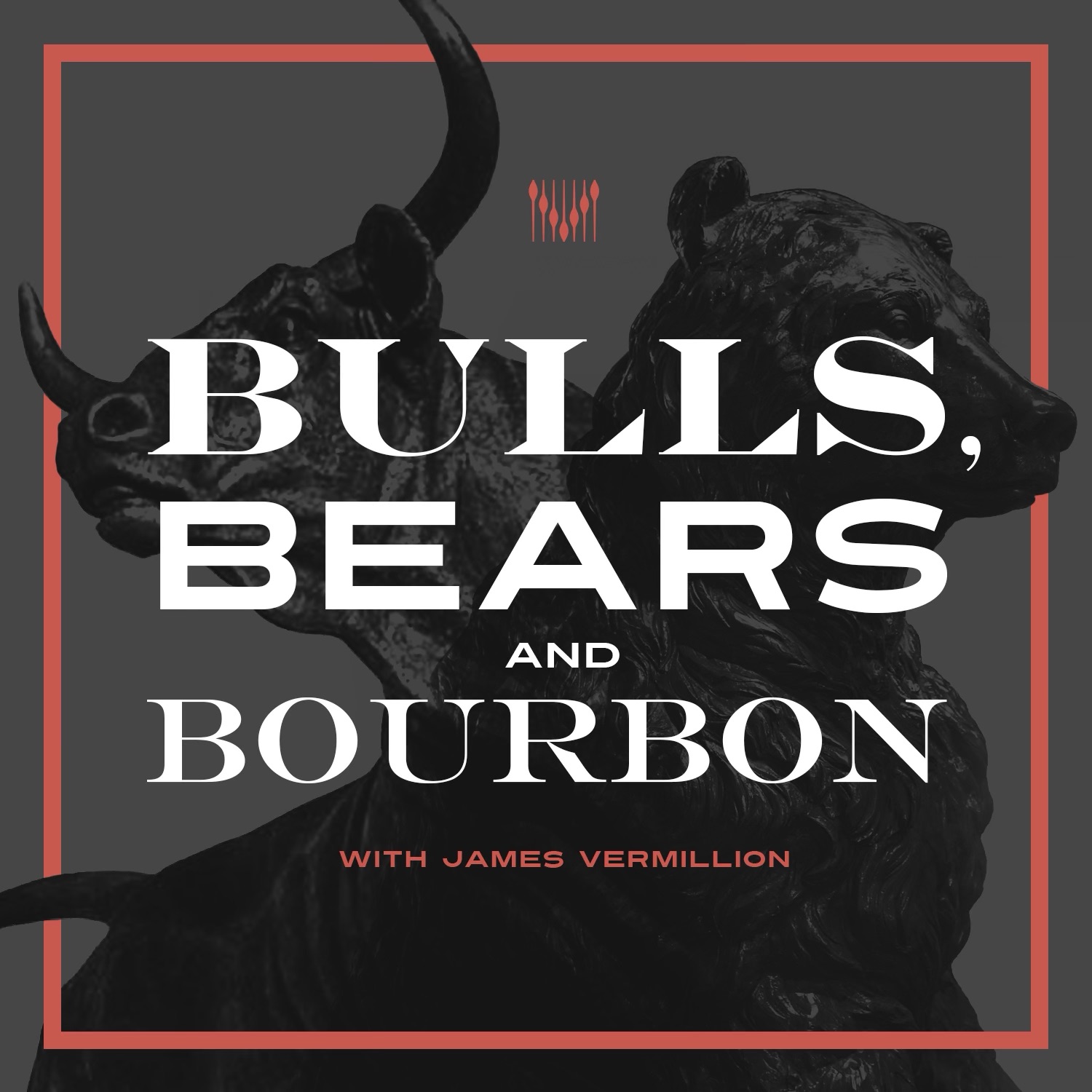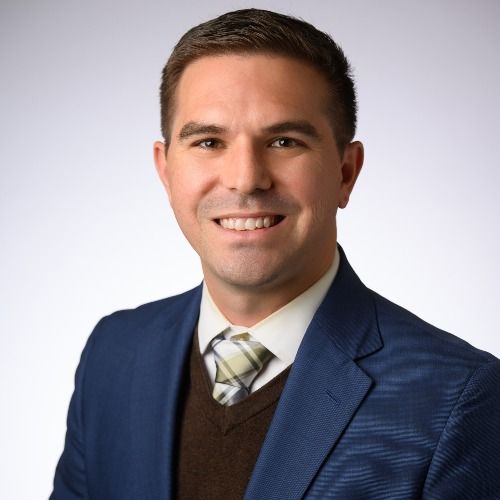I/O Fund - Identifying Microtrends and Investing in Growth and Technology
For the first time Bulls, Bears, and Bourbon features two guests – Knox Ridley, and Bradley Cipriano from I/O Fund. I/O Fund runs one of the highest performing tech-focused stock portfolios in the world.
Knox began consulting on portfolios in 2007 and is an experienced growth investor in both bull and bear markets. He is very keen on macro trends and is trained in Fibonacci Trading, Elliott Wave theory, as well as Gann Cycles. He also uses classical technical analysis to manage risk and identify great risk/reward setups.
Bradley previously worked as a forensic equity analyst at Gradient Analytics, where he focused on assessing the quality of revenue and earnings for both domestic and internationally listed stocks for institutional asset managers. He has been able to utilize his strong accounting background to identify issues and concerns that the Street may be overlooking, such as low-quality earnings beats and unsustainable revenue growth.
Together, and with the rest of the I/O Fund team they provide incredible insights into the world of tech growth investing.
[01:30] – Introducing Knox Ridley & Bradley Cipriano
[04:02] – Key Principles to Growth Investing – “everyone has a plan until they get punched in the mouth.”
“We let our winners tell us where to be putting our money for the year.”
“If you look at valuations first, as we’re taught to, you’ll miss out on some really great opportunities.”
[10:13] – Volatility – “When you go through this volatility the most important question is what do I own, and what is the conviction.”
[11:30] – Identifying Micro-trends – “understanding the microtrend is crucial…but most importantly, what product is setting up to being the de facto leader.”
“We’re looking at what companies are strongest…the companies that are really positioned for accelerating growth. So, we’ll look for metrics like rising cash receipts, sales, and marketing leverage, sales outpacing capital expenditures, and companies growing faster than their peers. Really companies that are stronger than their competitors and stronger than they were in previous periods.”
“We let the market dictate which trend is in play…we don’t want to be too creative or too cute.”
[18:20] – Investing Time Horizon– “our time horizon ideally would be forever…that rarely happens though. With our own portfolio as tech investors, if you don’t have a 5-year time horizon, minimum, you can find yourself in trouble.”
“(Time Horizon) is the most important aspect to investing in my opinion. And not acknowledging it is why investors tend to underperform the markets in a lot of ways.”
“Human beings, we’re more emotional than rational. And that part of the human experience dominates every single time.”
“With tech investing, it’s a long-duration asset.”
“Intelligence is not enough. A lot of people think it is, they think they are smart there, and it is not enough. This is the only game in town where you can be a workaholic and a genius and still fail.”
[26:40] – When to sell? – “The big one is if it’s moving down and to the right…there is some wiggle room, particularly if it’s a high conviction play and you’re early.”
“We do let the market dictate when to sell, and we do have a discipline on how we add.”
“The beauty of investing in the public market is we can get out whenever we want. We’re not locked into these positions…if we’re stressing about a position if it’s causing us to lose sleep we have no issue with reducing exposure.”
“The stock is not the company which is not the microtrend. They’re correlated, but stocks are driven by sentiment which can knock the stock out of whack in both directions.”
[33:30] The Fed and the macro environment – “it’s very important. Take a look at tech for example. A lot of the companies that are down 30-40% have reported since then and reported strong growth and raised guidance. And the market just doesn’t care. And you have to ask why. And I think it has everything to do with the changing macro environment.”
“I’d much rather be on the side of the market than the academic who’s right but losing money. So, I think you have to follow the fed.”
“Today is way more similar to the 1940s, coming out of World War II. The debt to GDP ratio is similar to where it is right now and we had no way of really getting out of that debt and inflation ran at 4% annually for 10 years and that alone took care of 60% of the debt with us doing nothing. And during that time the equity market went on a major bull run.”
[42:20] – Exciting Trends – “a trend I’m keen on is the tech titans, Amazon, Google, Facebook, Microsoft, Tesla…these massive companies that are really investing in data centers and to be leaders in AI. This is a tailwind for multiple industries like semiconductors, cloud and enterprise software, broadband providers, skilled tech workers, big data, work from home trends.”
“Cryptocurrencies. Bitcoin has achieved that unspeakable, difficult asset of becoming this kind of subjective belief of being valuable, of being a store of value.”
[51:36] – What is wealth? – “I guess there is a difference between being rich and being wealthy…you can be wealthy beyond with money. You can have a wealth of knowledge. Being wealthy helps you control your life, plan for the future and provide for your family. But it’s something that has to be earned.”
“Wealth seems to imply something more than money…to be wealthy money is necessary but not sufficient.”
[53:15] – What would you tell your younger self? – “I’d go back to the late 1990s and buy all tech, then in mid-2000 I’d short all tech.”
“I’d learn more about programming…if I could have started when I was about 10 years old I think I’d have a huge leg up, not just on investing but career prospects.”
Links:
www.bullsbearsandbourbon.com
www.vermillionprivatewealth.com
https://io-fund.com/
https://io-fund.com/broad-market/bear-market/teflon-market-why-the-12-year-bull-will-bounce-back
**The information in this podcast is educational and general in nature and does not take into consideration the listener’s personal circumstances. Therefore, it is not intended to be a substitute for specific, individualized financial, legal, or tax advice. To determine which strategies or investments may be suitable for you, consult the appropriate qualified professional before making a final decision. Thanks for listening.


